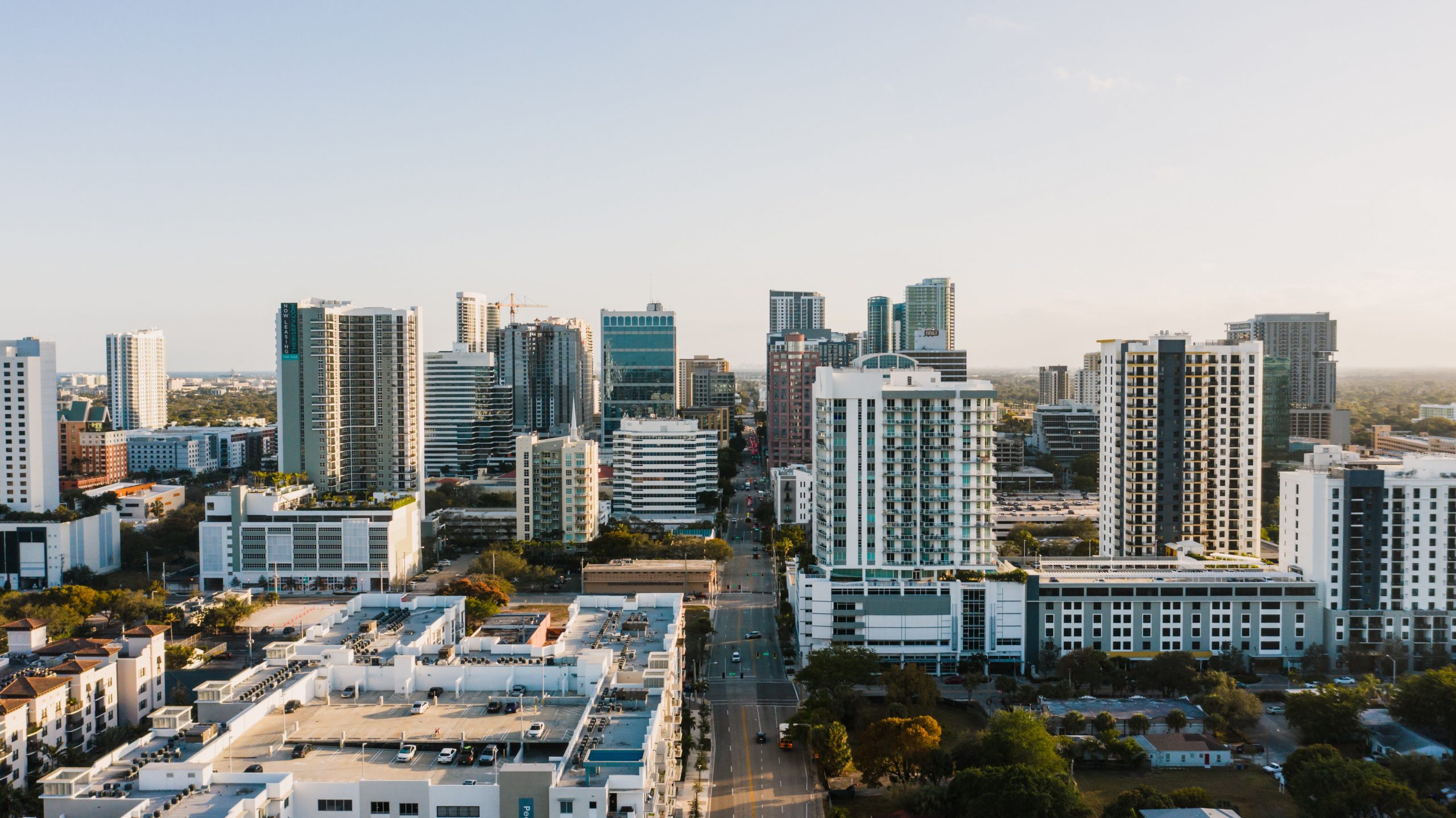
The road to homeownership is a lengthy one, with a lot to think about and take into account. At the same time, purchasing a home is an exciting life event. It is one of the most significant investments one makes in their life. For that particular reason, the entire endeavor can be a bit stressful. It all begins with a loan application because every intelligent buyer knows that a pre-approval will put them in a favorable position. Then there is the house-hunting process, which can be pretty nerve-racking. Finally, the offer is in order, assuming you have won the bidding war or there wasn’t one, and a mountain of paperwork. With all forms filled and everything signed, there is one more thing to deal with – filing a homestead exemption in the state of Florida.
There are many benefits of owning a home in Florida. Beautiful weather and fantastic beaches are only the most obvious ones. But, one of the most significant benefits of homeownership in Florida is the homestead exception in this state. This article will tell you all you need to know about it.
What is the Florida homestead exemption?
Florida offers its homeowners the homestead exemption, which is an excellent method for tax saving. It significantly reduces their total tax burden. It implies that a home’s overall assessed value gets reduced, and consequently, the taxable amount becomes lower as well. You can do that by claiming a portion of your home’s value on the taxes.
The exemption can deduct up to $50,000 from the assessed value of your property. A $25,000 exemption is applied to the first $50,000 of the assessed value of your property. Also, it applies to all taxes, including the school district ones. You can get the additional $25,000 exemption if the assessed value of your property is between $50,000 and $75,000. However, the latter does not apply to the school district taxes.
Moreover, any future annual property tax increases will be taxed to 3% or even less.
It is no wonder that many people consider Florida as their new place of residence. And consultants from miamimoversforless.com agree, saying that they have seen an increasing number of interstate relocations to this beautiful state.
Who is eligible for the homestead exemption in the state of Florida?

You can get a homestead exemption for a house, condo, co-op apartment, and some mobile home lots.
You need to fulfill several conditions to be eligible for the Florida homestead exemption. You must:
- Be a legal resident of Florida
- Own a house, condo, co-op apartment, or specific mobile home lot
- Occupy the home as your permanent residence from the January 1st of the year when you plan to claim exemption
2022 Homestead Exemption
According to the law in Florida, all assessments and exemptions are based on the status of the property on January 1st of that year. If you purchased a house in 2021 or already owned a piece of property but decided to make it your permanent residence, and you didn’t apply for homestead exemptions, you can do it in 2022. Also, you don’t need to wait until 2022 to file for an exemption with the property appraiser’s office. What is more, you can easily file your application online.
The deadline for filing exemption applications in 2022 is March 1st. This means that you have to make a piece of property your permanent residence before January 1st, so you are eligible. Then, you will have enough time to submit your application. However, there is also the late filing deadline for 2022 exemptions, which is September 19th, 2022.
What happens the following year?
Once you have been approved for a homestead exemption in the state of Florida, it will automatically be renewed each following year. Of course, this will only happen if there haven’t been any changes in terms of who owns the property or who occupies it. So, if you already applied for an exemption in 2021, there is no need to reapply in 2022.
A homestead exemption renewal card will arrive at your address, so you keep it in your records. If you have started renting the property or you have sold it, you have to notify the Property Appraiser’s Office. It could lead to a homestead tax lien and a considerable penalty if you fail to do so. Still, even if your exemption status changes, it doesn’t necessarily have to imply that your taxes will increase too. It would be best to contact a Property Appraiser’s Office and discuss all your options.
Renting short-term and keeping homestead exemption is possible
If you rent your property for a maximum of 30 days during one calendar year, you can maintain a homestead exemption for that property. However, if you rent for more than 30 days and two consecutive years, you will lose the exemption.
Furthermore, if you rent a property after January 1st, and you have already been approved for exemption for that property, it will not affect the exemption for that year. But, if it has been rented on January 1st next year, or the lease is longer than six months, you will be denied the exemption.
Ready to move?
 Getting an exemption in Florida is pretty straightforward. So, if you have been contemplating moving to this sunny state, learning about this may be the nudge you need. If so, all you have to do is start decluttering your home, packing your belongings, and researching great movers. You will save on taxes, so why not save on your relocation expenses, too – get rid of clutter and leave what’s important. Moving fewer items will cost less, and since you are moving to a warmer climate, why keep so many winter jackets and boots?
Getting an exemption in Florida is pretty straightforward. So, if you have been contemplating moving to this sunny state, learning about this may be the nudge you need. If so, all you have to do is start decluttering your home, packing your belongings, and researching great movers. You will save on taxes, so why not save on your relocation expenses, too – get rid of clutter and leave what’s important. Moving fewer items will cost less, and since you are moving to a warmer climate, why keep so many winter jackets and boots?
Now that you know what you need to qualify for the homestead exemption in the state of Florida, how to apply, and how it works, why not start looking for your next home. And don’t forget to contact a good real estate agent. They will help you find a perfect home for your needs and connect you with a Property Appraiser’s Office.
